Photo



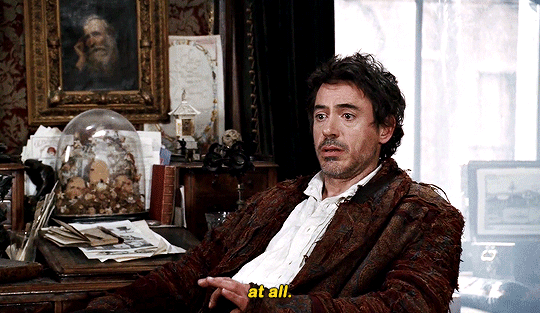
Sherlock Holmes (2009) dir. Guy Ritchie
10K notes
·
View notes
Text
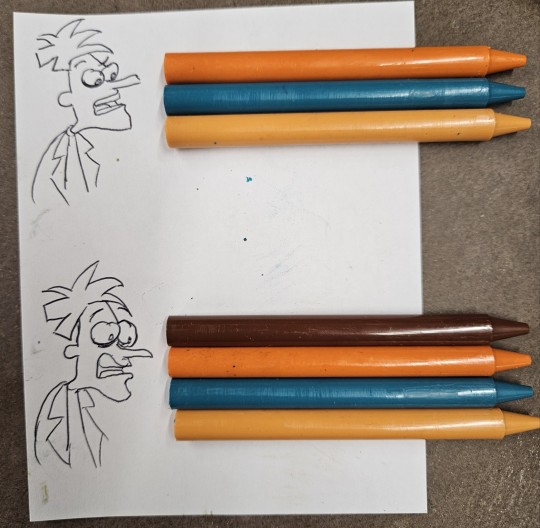
Ran a suspiciously familiar set of colors tonight 👀
15K notes
·
View notes
Text
paying a little visit to a beloved mutual's blog after not seeing them on the dash for a while as if i'm dropping by their cottage with some biscuits and jams in a wicker basket
31K notes
·
View notes
Text
I do find it fascinating that Northanger Abbey is Austen’s book that is most about other books (which is probably why I love it, honestly), and her hero is someone who LOVES words and loves interpreting them.
Henry Tilney goes on pendantic rants on the meaning of words, he manages to clear up a misunderstanding about words (and books) between Eleanor and Catherine, he makes a lot of observations on the different genres of writing that appear in the book (gothic novels and letters come to mind). He’s also a hero who by profession puts words together every week that everyone in his immediate surroundings has to hear— and someone professionally trained in the art of interpretation of very specific words in specific books.
I love the cleverness of having a hero trained in the interpretation of books then read as metaphor with heroine who has to learn how exactly to interpret gothic novels (as exaggerations and metaphors for commonplace problems) in order to mature.
257 notes
·
View notes
Text
So another interesting thing about Jane Eyre is it's take on relationship inequality.
Like, Jane is 18 at the beginning of the story and Rochester is said to be something like 35-38. And it's not casually brushed aside like that was normal back in the day. It wasn't. Concerns about the age gap are raised within the text. But the story emphasizes that Jane feels comfortable accepting Rochester's proposal, despite the age difference, the class difference, and him being her boss, because Jane feels that Rochester regards her as an equal. When they converse, Jane doesn't feel any tension, like she has to impress him or try to read his mind and say whatever he wants to hear. She feels that he respects her and values her thoughts and isn't compelled to use his power against her if she says something to displease him. Around the midpoint of the story, Jane believes that Rochester is going to marry another woman, and resolves to leave because she's heartbroken, believing that because she is poor and plain Rochester can't possibly be as hurt by their parting as she is, and he'll forget her and move on long before she does. But it turns out to be the opposite. After finding out about Bertha, Rochester begs Jane to stay and insists he'll be miserable forever without her, while Jane, still thinking she's too poor and plain to ever attract someone like him again, resists all temptation and leaves him. And she does this specifically because she feels that if she were to compromise her morals and self-respect to be Mr. Rochester's mistress, then he would lose respect for her and the relationship would fall apart. It was only by maintaining her integrity that the relationship could stay in-tact when the reconciled at the end.
St. John Rivers on the other hand, I don't think is given a definite age, but I think he's intended to be a much younger man, probably in his early 20s. He is poor and without relations aside from his sisters or any other connections, just as Jane. Jane finds out they're actually cousins at the same time she learns she's come into a vast fortune that was willed to her rather than the Rivers, but decides to share her fortune equally with them. So she arguably had more social capital, even though she made an effort to put St. John on equal footing with her, because the money was hers by right and she could've presumably cut him off at any time, just as easily as Rochester could've terminated Jane from her job.
And yet, Jane's relationship with St. John is vastly more unequal than her relationship with Rochester. Even though Jane practically worshiped Rochester but only cares for St. John as a brother and is acutely aware of his faults, she still finds herself desperately craving his approval in a way she never did with Rochester. And St. John is willing to exploit that intentionally. He asks her to do things she doesn't want to and make sacrifices for him just because he knows she'll do anything to please him, and that's why he thinks she's the perfect wife for him. Where Rochester tries to explain himself and persuade Jane not to leave him by addressing her concerns, St. John basically tries to command Jane to marry him and refuses to accept her "no" as final. He withholds affection from Jane as a tactic to get her to compromise in order to reconcile with him when he's the one who should be apologizing to her and considering her needs and not just his own. Jane knows that she can't ever be happy with him because he doesn't respect her and his lack of respect only makes her want to seek his approval, which he is all too happy to exploit for his own benefit.
But Jane ultimately stays firm and rejects St. John's proposal of a loveless marriage, just as she rejected Rochester's proposal of an unlawful marriage, because both situations were doomed to fail if she didn't put her own self-respect first.
So this novel from 1847 was really saying that power dynamics aren't pure black and white. Age and class and wealth and status can be a factor in making a relationship unequal, but you can also be equal on pretty much all social axis and still have inequality in a relationship. What's really important is that there's mutual respect.
110 notes
·
View notes
Text
Bob Ross

Charlotte Brontë, from Jane Eyre
12 notes
·
View notes
Text
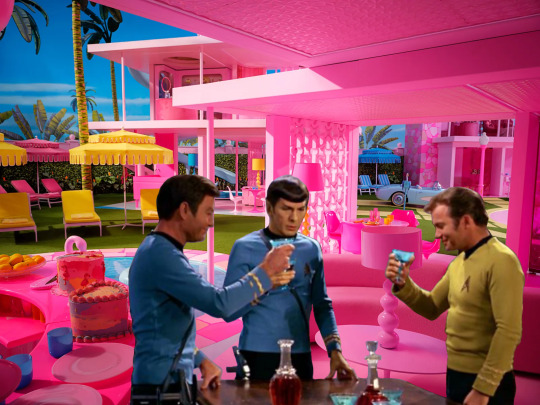

One of my friends suggested they go to Barbie’s dream house. Hope this is satisfactory.
2K notes
·
View notes
Text
➡️ Content warnings on fiction are a courtesy.
➡️ Not every medium of fiction and storytelling has or is expected to have content warnings or extensive tagging.
➡️ Print novels do not traditionally warn for content in any way.
➡️ Until AO3 came along, fanfiction did not traditionally warn for content in any significant way.
➡️ An author is only obligated to warn for content to the degree mandated by the format they publish their fiction on.
➡️ Content warnings beyond the minimum are a courtesy, not an obligation.
➡️ 'Creator chose not to warn' is a valid tag that authors are allowed to use on AO3. It means there could be anything in there and you have accepted the risk. 'May contain peanuts!'
➡️ Writers are allowed to use 'Creator chose not to warn' for any reason, including to maintain surprise and avoid spoilers.
➡️ 'Creator chose not to warn' is not the same thing as 'no archive warnings apply'.
➡️ It is your responsibility to protect yourself and close a book, or hit the back button if you find something in fiction that you're reading that upsets you.
➡️ You are responsible for protecting yourself from fiction that causes you discomfort.
28K notes
·
View notes
Text
youtube
youtube
All round 4 match-ups
33 notes
·
View notes
Photo
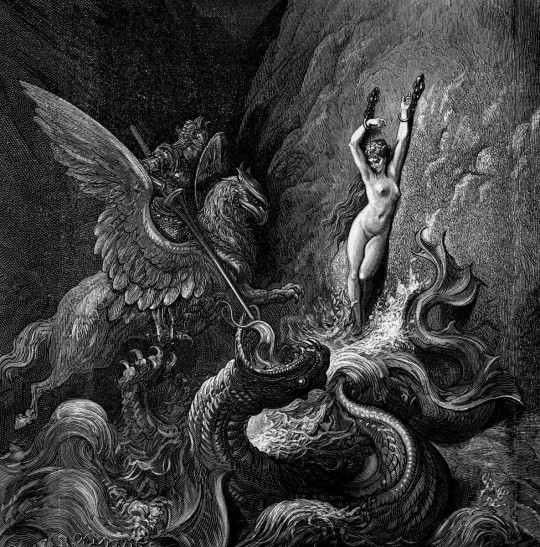
Ruggiero Rescuing Angelica, from Ludovico Ariosto’s Orlando Furioso by Gustave Doré (1879)
4K notes
·
View notes
Text
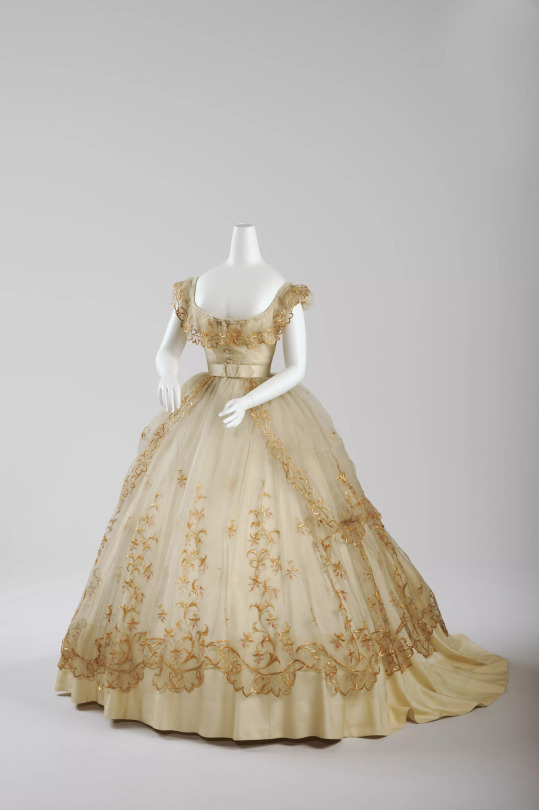
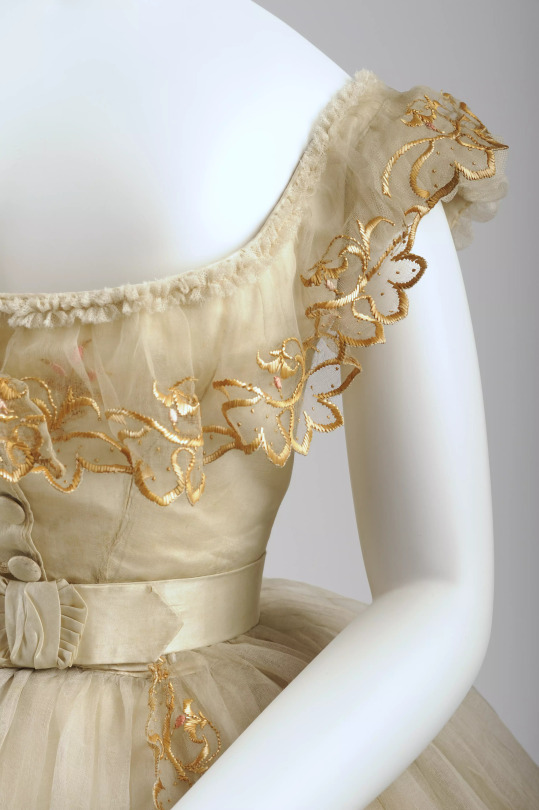

Dress, 1865, Wien Museum. Foto: Christin Losta
4K notes
·
View notes
Text
It would entirely depend on what state the body is in, how I discovered it, what my relationship (if any) to the individual was, etc.
we still get immediately shoved out of our immersion in tv shows or films when The Girl find a dead body and immediately shrieks - we just don't find it realistic because we're pretty confident most people would gasp rather than shriek (i.e. sharp inhale rather than sharp exhale) and it also feels unnecessarily (and predictably) misogynistic too, as men encountering corpses almost never do the same on screen
also of course please do tell us if you've actually encountered a corpse unexpectedly, because tumblr is absolutely a place where some people have done this thing and we love a good anecdote
suddenly imagining "burst into song" as a potential response
7K notes
·
View notes
Text
My boomer parents don't want to see it, but an aspect of the English language that came into prominence in THEIR youth, has actually a legitimate component of conversation in this Year of Our Lord, 2024.
the humble "like" is oft mocked despite what it does for us. "like, three people" is a vastly different statement from "three people". "and i was like 'what the fuck'" is vastly different from "and i said 'what the fuck'". i love you "like" and anyone who says you make people sound stupid will be killed on sight
53K notes
·
View notes
Text
yayyyy mutuals hiiiiiiiii reblog if you love your mutualssssssss hiii mutuals
20K notes
·
View notes
Text
I'm in this picture and I don't like it

23K notes
·
View notes
Note
I am begging people to vote for Gene Tierney. Katherine Hepburn is an absolute legend but this is about the HOTTEST and do we not all want to be destroyed by the most electric pair of green eyes in the history of Hollywood???


She could even make her eyes burn in black and white!

On a lighter note, she also dommed ghost Rex Harrison in The Ghost and Mrs. Muir in a way no other actress could have.

Tierney was a classic beauty but her screen presence always had something unconventional and untamable in it that few directors really knew what to do with. I think she could have played Medusa and that's hot.
Katharine Hepburn vs Gene Tierney
76 notes
·
View notes
